‘The Aussies work out everythin’ backwards,’ says Wilson the Texan in Norman Mailer’s The Naked and the Dead, and there’s nothing we enjoy more than to ruminate on how others perceive us, because we are not quite sure of what defines us. We don’t have the ideological drive of Americans, the sense of order of the British, or the historicism of the Chinese. We are onlookers, not visionaries; our natural disposition is to locally retrofit ideas from beyond our shores.
As the year closed, the government concluded that surrendering the points of difference between themselves and Labor is the way to ensure their political survival. The brief period in which we were able to differentiate between the major political parties ended. Elsewhere, the pockets of culture we possess were mired in politics too, and the great Australian suspicion of intellectuals and artists lived on. Richard Flanagan used his prize acceptance speeches to criticize the Abbott government; we only value Australia’s Own Cate Blanchett when outsiders are looking: she’s Carbon Cate at home.
We’re fumbling in a vacuum because hindsight is the mindset that drives us. Too pragmatic to rest on ideological foundations, our first principles of ‘mateship’ and ‘fairness’ are defined by the whim of the wielder. We don’t work so well with the present – we tend to shape our views in the aftermath of events. As we silently approach the end of the boom times, a void is flickering like a neon-lit vacancy sign outside of a cheap highway motel. It’s representative, then, that in 2014, the dead spoke louder than the living.
The year didn’t really begin until February 12, when a young boy being murdered by his father’s hand at cricket training aroused collective horror. While we were ravaged by incomprehensibility, we should have seen it coming. Domestic violence is probably the greatest problem in Australia today, but we have little idea of how to stop it. As we try to work out how to shine the light, we are haunted by the perverse hope that the senselessness might achieve something.
In Western Australia, the death in custody of a young woman called Miss Dhu highlighted the alarming rate of indigenous incarceration and deaths in custody, yet the mobilisation of outrage was been for Americans of colour dying at the hands of police, including a solidarity protest shutting down St Kilda road in Melbourne. That no protesters were willing to close the Nullarbor or the Great Northern Highway in memory of Miss Dhu indicates that the social justice movement is more motivated by popular culture and its comrades overseas than by social justice itself.
Gough Whitlam’s death and memorial showed our penchant for fondness of hindsight – that things were better back then – and how we don’t like to let the truth get in the way of a good mythology (only the one percent got to go to university before Him, and women didn’t get the vote until 1972). But the passing shortly after Whitlam of the architect of the dismissal, former Senator Reg ‘Toecutter’ Withers, should make us nostalgic for an era defined by a fierce partisanship of ideas; a ready contrast with our politics today, where the major parties are virtually indistinguishable.
As we grappled with the post-political world at home, events overseas reminded us of the importance of ideological warfare. When Russia invaded Ukraine in late February, the West watched inertly, because values only have a use in rhetoric. The death of 38 Australians in MH17 over Ukraine changed things – although we’re probably still to discover exactly what that change looks like – because it showed the consequences of Putin’s expansive Eurasianism.
Our resurgent attachment to liberalism, however, found both its voice and its limits in the face of Islamism, as ISIS slaughtered its way through villages in Iraq and Syria.
It was hard to not delight in the Darwinian aspect of the lure of jihad: of the 90 or so Australian citizens that have gone to fight with ISIS, 20 have been killed. The fear of the destructiveness of Islamism remains far more powerful than anything Putin can produce, but we won’t see leaders threatening to shirtfront it. The strange comedy masks an intrinsic fear: in response to the news that two Australian jihadis in Syria were 140kgs and too unfit to fight in the field, a major Australian newspaper came up with the golden headline ‘ALLAH SNACKBAR’, but was too timid to run it.
That two tragedies involving cricket occurred in one year seemed to slide past. The game that represents our unity again unified us in grief. Sport is not supposed to have consequences, or to ask us to look beyond the living. Luke Batty’s murder showed the cruelty of which humans are capable; Phillip Hughes’ death reminded us of the hostility of chance.
The events of December 15 may have awoken us from any residual apathy, when Islamism’s senseless destructiveness came to Sydney. The irony is that the threat to liberalism from Islamism will be played out from within as a test of reason, as our hitherto directionless domestic politics will fight to balance legitimate threats with individual liberties. We will continue to see the weakness of our politics as our leaders scramble to embrace the Islamic community, which by virtue of the sectarian nature of Islam does not exist. Radical Islamists and bigots will share the same interpretation of Islam, confusing it with the malicious political movement of Islamism. Just as the Whitlam dismissal made many Australians question our political system, Man Haron Monis will cast a long shadow over political consensus.
In 2014, the brutal trade of death and those most intimately touched by it were the forces that moved us. Maybe that has always been the case, but the search for meaning has never seemed more difficult. Perhaps it’s something we can only work out in posterity. If the 20th century suffered from the banality of evil, than the 21st is suffering from the infliction of evil on the banal: cricket practice, jumping on a plane, getting a coffee. In a year pockmarked by death, we found ourselves shocked as hell. But were we ever really surprised?
Got something to add? Join the discussion and comment below.
Get 10 issues for just $10
Subscribe to The Spectator Australia today for the next 10 magazine issues, plus full online access, for just $10.
You might disagree with half of it, but you’ll enjoy reading all of it. Try your first month for free, then just $2 a week for the remainder of your first year.

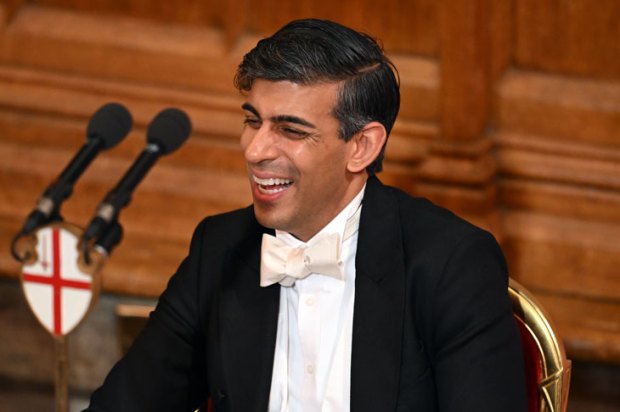
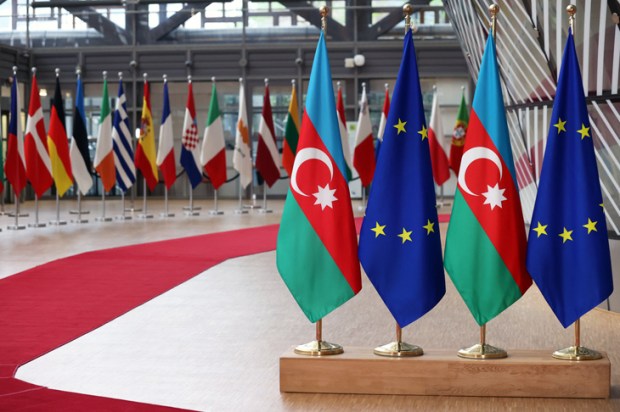
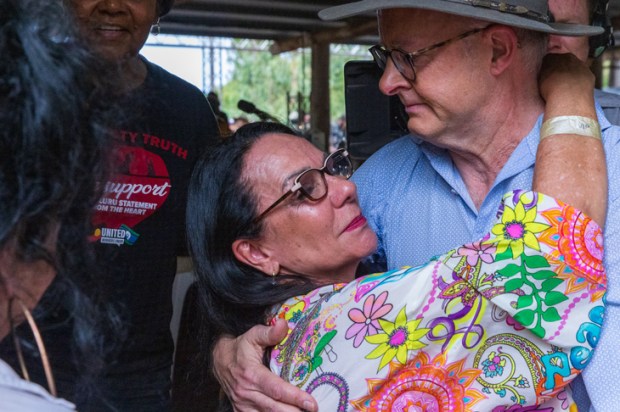
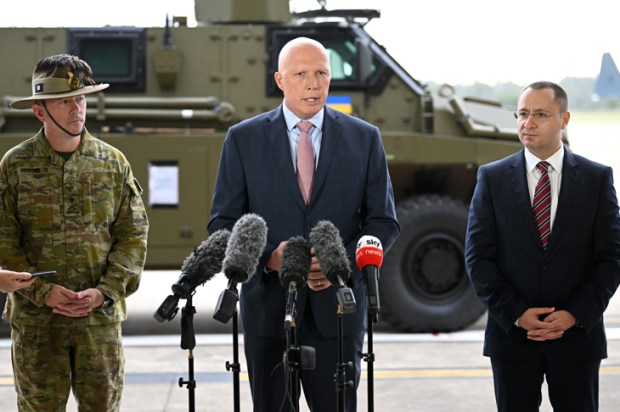
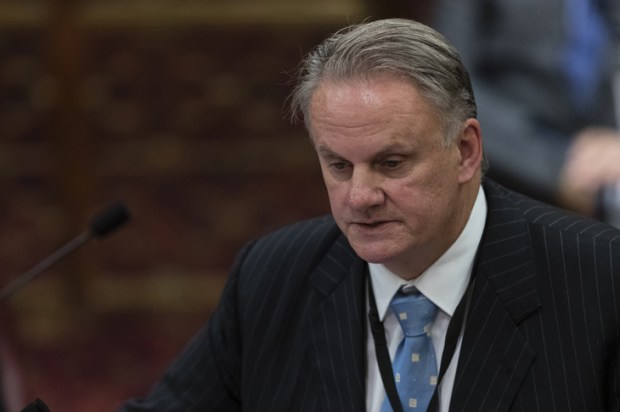
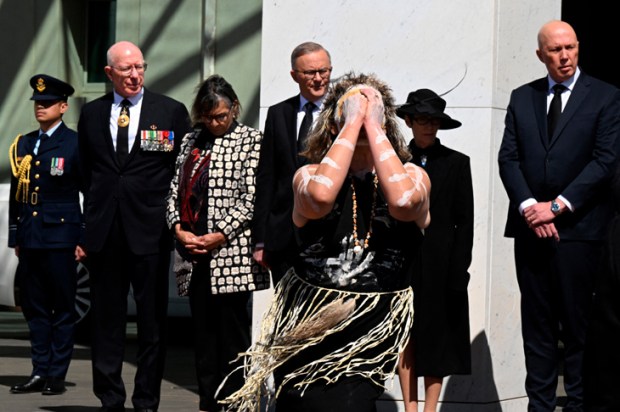






Comments
Don't miss out
Join the conversation with other Spectator Australia readers. Subscribe to leave a comment.
SUBSCRIBEAlready a subscriber? Log in